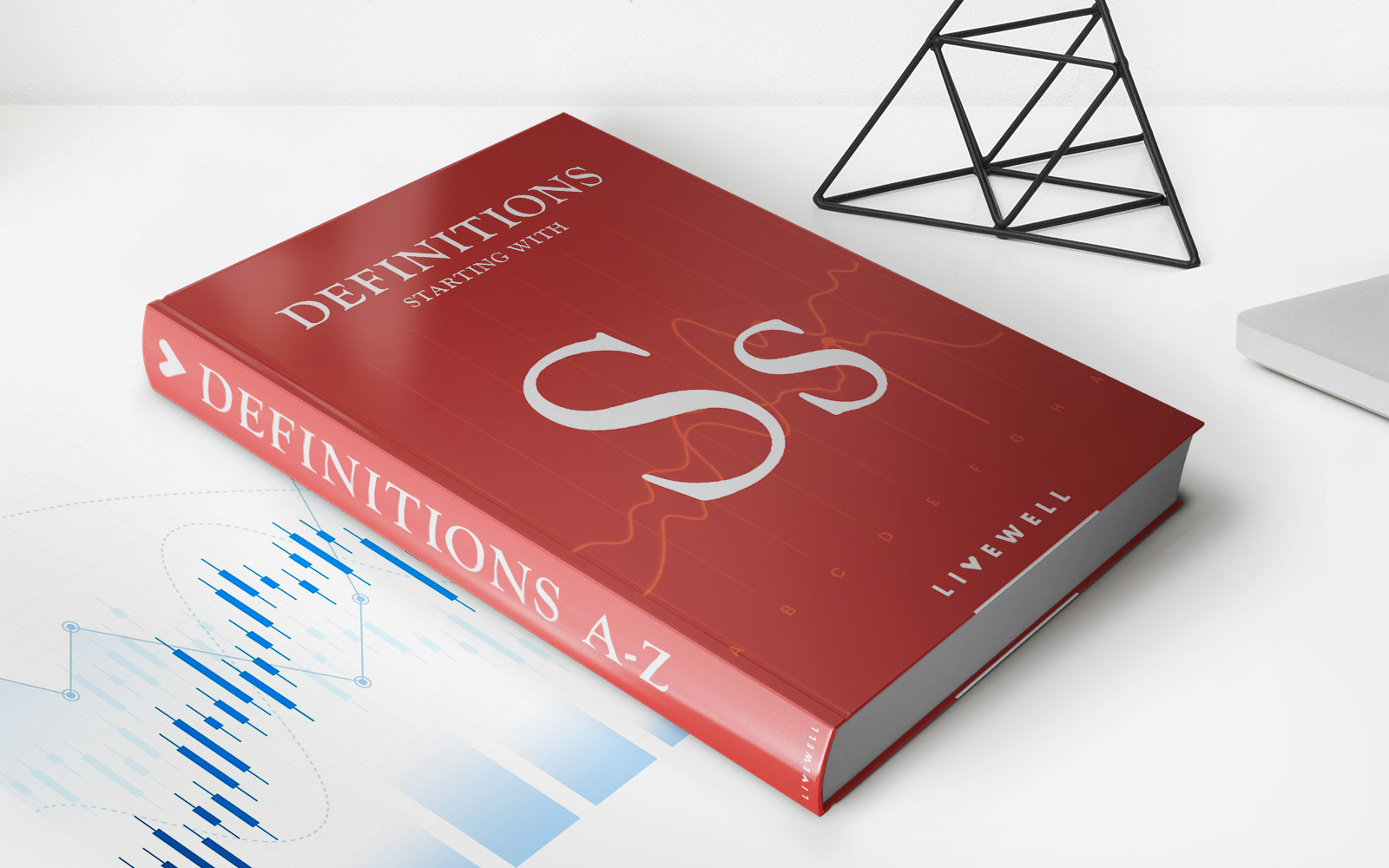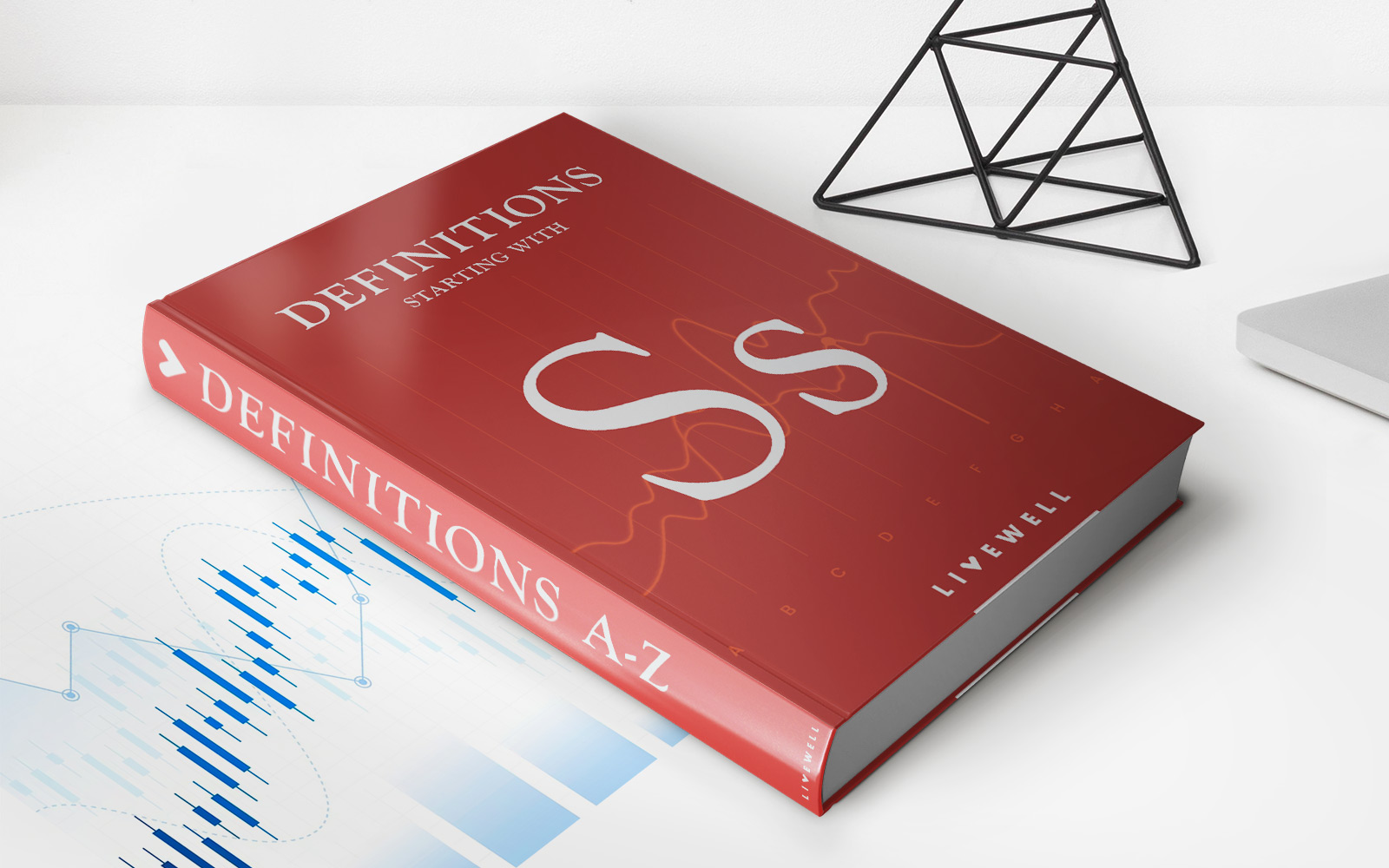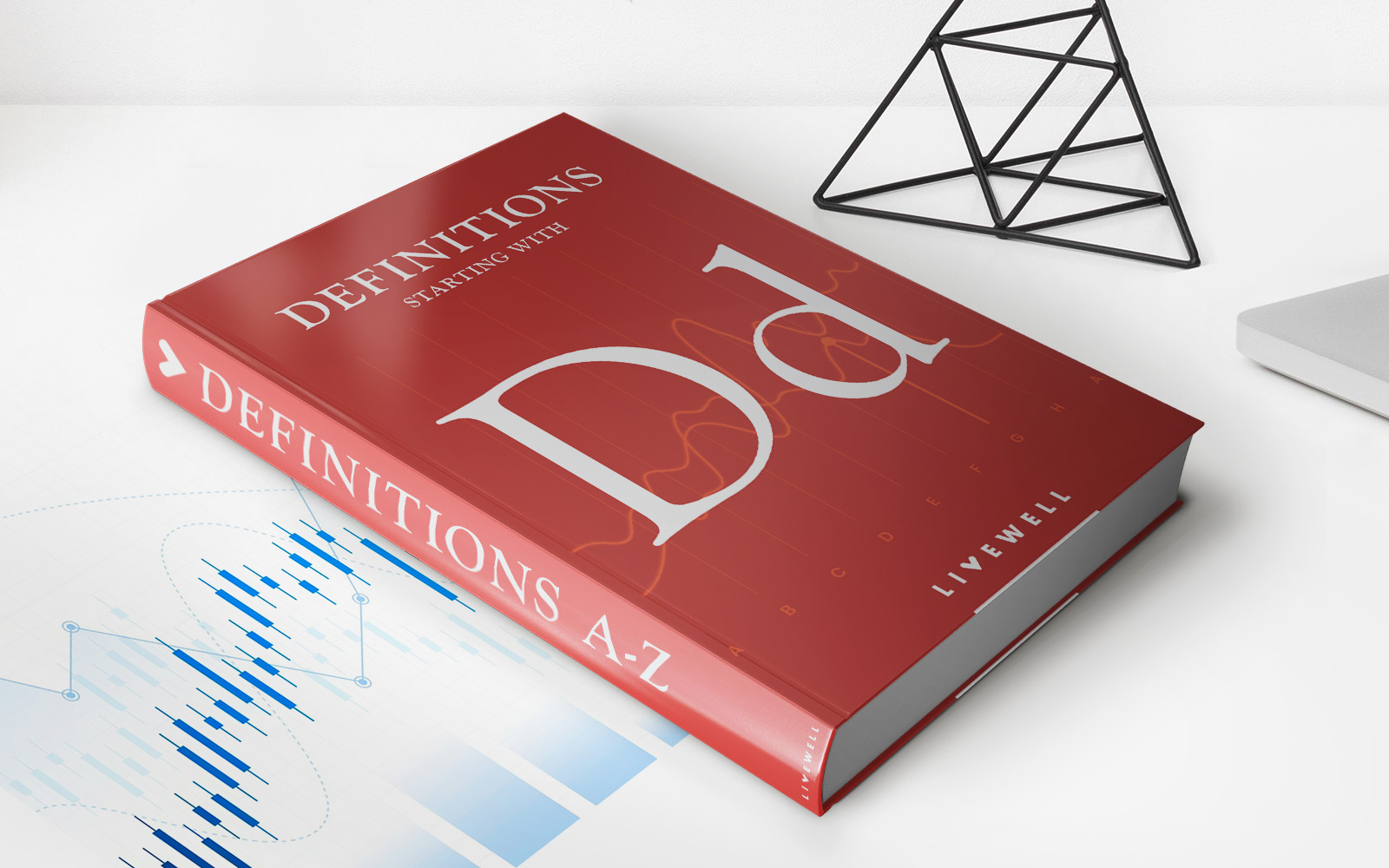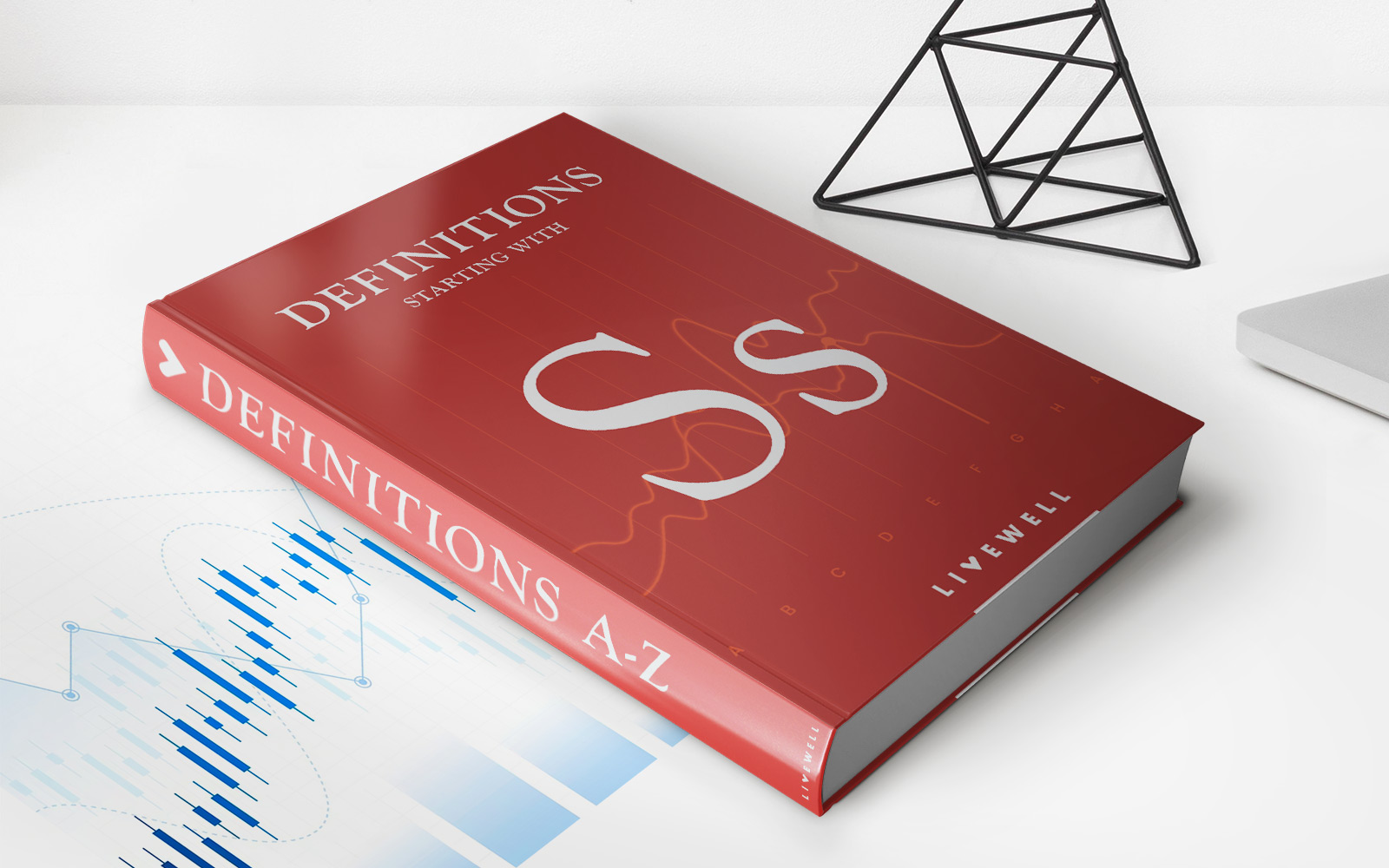Home>Finance>CHF (Swiss Franc): Definition, Strength, Vs. U.S. Dollar


Finance
CHF (Swiss Franc): Definition, Strength, Vs. U.S. Dollar
Published: October 26, 2023
Looking for information on the CHF (Swiss Franc) and its strength against the U.S. Dollar? Explore the definition and key factors in finance.
(Many of the links in this article redirect to a specific reviewed product. Your purchase of these products through affiliate links helps to generate commission for LiveWell, at no extra cost. Learn more)
Understanding CHF: The Swiss Franc
When it comes to the world of finance, understanding different currencies and their strengths is essential. In this blog post, we will take a closer look at the Swiss Franc (CHF), its definition, strength, and how it compares to the U.S. Dollar. By the end of this article, you’ll have a better grasp of this fascinating currency and its significance in global financial markets.
Key Takeaways:
- The Swiss Franc (CHF) is the official currency of Switzerland.
- Considered a safe haven currency, the CHF is known for its stability and low volatility.
The Definition of CHF
The Swiss Franc (CHF), or “Franken” in German, is the official currency of Switzerland. It has been used as legal tender in Switzerland since the late 19th century and is also widely used in the neighboring principality of Liechtenstein. The currency is managed by the Swiss National Bank (SNB), which focuses on maintaining price stability and low inflation.
The Strength of CHF
One of the most significant characteristics of the Swiss Franc is its strength and stability. The CHF is often considered a safe haven currency, meaning that it tends to retain its value even during times of economic uncertainty. This reputation for stability has been built over many years and is supported by Switzerland’s strong economy, political stability, and robust financial system.
The stability of the Swiss Franc makes it an attractive currency for global investors seeking a safe place to park their money in times of market turbulence. As a result, the CHF often experiences an increase in demand, which can lead to an appreciation in its value relative to other currencies.
CHF vs. U.S. Dollar
Now, let’s compare the Swiss Franc to the U.S. Dollar (USD), one of the most widely traded and influential currencies in the world:
- Historically, the CHF has been considered a strong currency, often outperforming the U.S. Dollar in terms of value.
- Due to its status as a safe haven currency, the CHF tends to be less volatile compared to the USD, which can experience more significant fluctuations in value.
- The Swiss economy boasts a strong manufacturing sector and is known for its high-quality exports, contributing to the strength of the CHF.
- While the USD is backed by the robust U.S. economy, it is also impacted by various factors such as interest rates, geopolitical events, and government policy.
Conclusion
The Swiss Franc’s strength, stability, and safe haven status make it an attractive currency for global investors. Its consistent performance over time has solidified its reputation as a reliable store of value and a currency of choice during turbulent market conditions. Understanding the dynamics of the CHF and its relationship with the U.S. Dollar can provide valuable insights into global financial markets.
So, the next time you hear about the Swiss Franc, remember its notable characteristics and its significance in the world of finance.
**Key Takeaways:**
– The Swiss Franc (CHF) is the official currency of Switzerland.
– Considered a safe haven currency, the CHF is known for its stability and low volatility.














